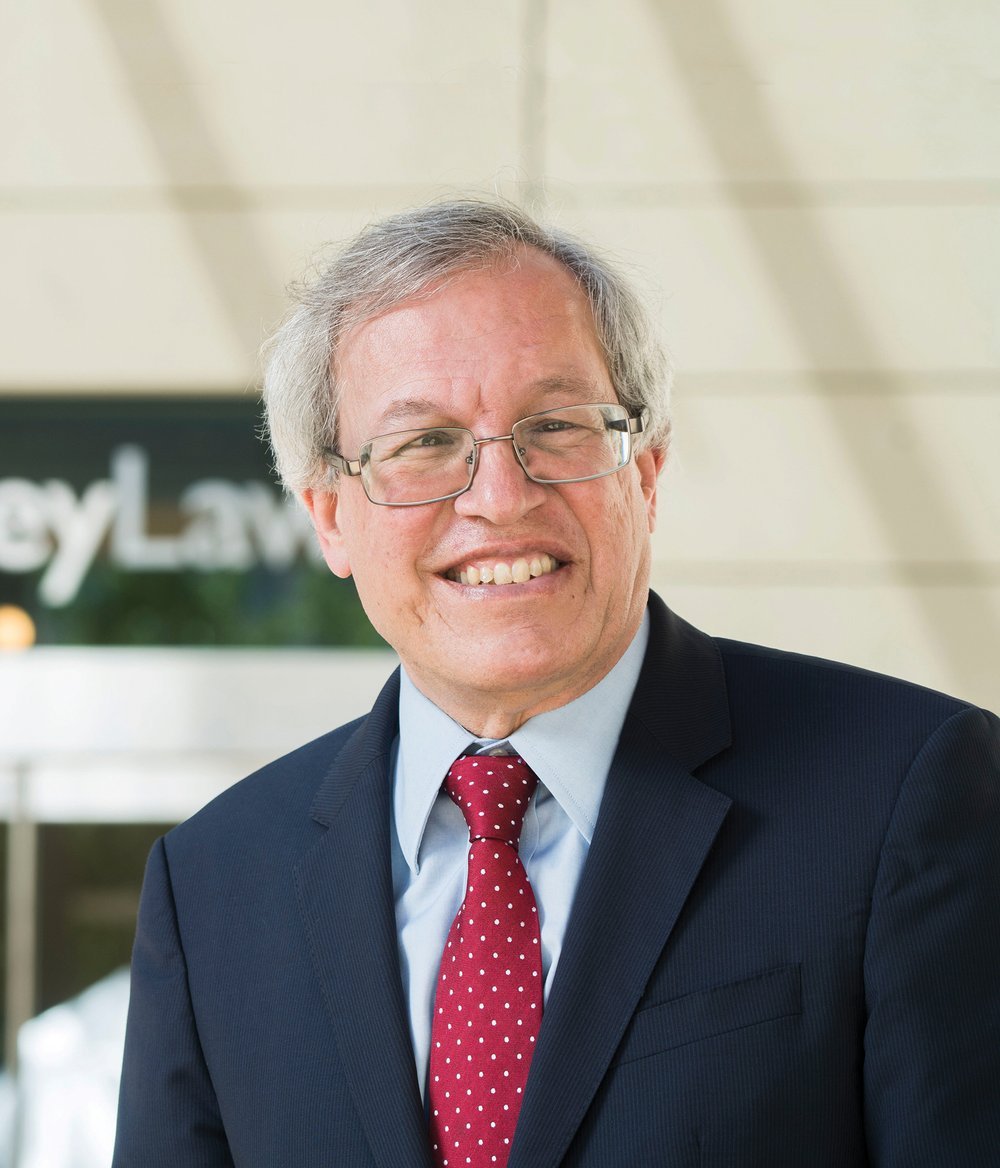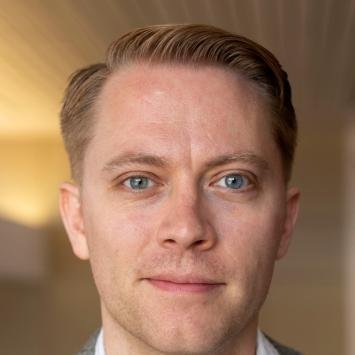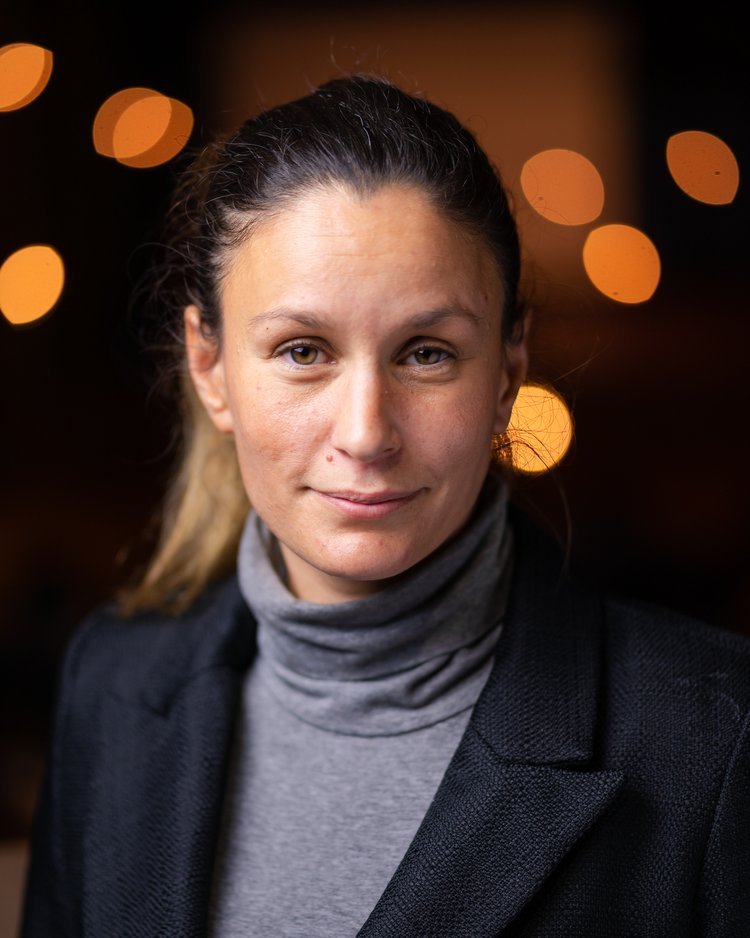
Law as Science Spring 2023
In 2002, I published an article entitled “A Nobel Prize in Legal Science: Theory, Empirical Work, and the Scientific Method in the Study of Law,” 2002 U. Ill. L. Rev. 875. The purpose of that article was not to advocate for a Nobel Prize (or a prize of equal eminence) for law or legal scholarship. It was, rather, to take stock of the state of legal scholarship by comparing the legal academy’s academic process and output to that of other disciplines in the modern university – especially to those disciplines for which a Nobel Prize is awarded. I thought that I might have something interesting to say because I have a Ph.D. in one of those disciplines (economics) but had spent most of my academic life teaching in law schools in the United States and elsewhere and writing books and articles directed at other legal scholars and legal practitioners. My conclusions twenty years ago were that legal scholarship was not then being conducted in the same way that a normal science in the university conducts itself but that there were signs that the study of law was moving toward the characteristics of a normal science. The passage of twenty years is significantly long so that that process of the “scientification” of the study of law might have picked up steam or even completed the transition. So, in this talk I take stock again of my hypothesis that there has been progress toward making legal scholarship more like a normal science. In making this assessment, I shall seek to discuss the factors that impede and that hasten this transition, such factors as the rise of several “law and …” disciplines, changes in the market for lawyers, changes in the societal use of legal expertise, the apparent slowdown or reversal of globalization, and others. I conclude that although there has been some progress toward a legal science that is universal and scientific, there are still much more that needs to take place. I speculate on what might be done to foster the further development of legal science.
Keynote: Thomas Ulen
University of Illinois, College of Law
Are We There Yet?: The Journey Toward a Universal, Scientific, and Nobel-Prize-Worthy Legal Scholarship
Series
Is Originalism a Methodology in Legal Research?
Lawrence B. Solum
University of Virginia, School of Law
Title: Originalist Methodology
Date: February 24th at 12 PM (E.T.)
Dean Erwin Chemerinsky
University of California, Berkeley, School of Law
Title: Worse than Nothing: The Dangerous Fallacy of Originalism
Date: March 3rd at 11 AM (E.T.)
Series of Empirical Legal Research
Alan Kluegel
University of Kentucky, The J. David Rosenberg College of Law
Title: Networks and the Law
Date: February 17th at 12:00 PM (E.T.)
Sherally K Munshi
Georgetown University Law Center
Title: On a Decolonial Comparative Law
Date: March 31st at 12:00 PM (E.T.)
Katri Nousiainen
Center on the Legal Profession, Harvard Law School
Title: Quantum Road Map
Date: April 14th at 12:00 PM (E.T.)
Comparative Legal Research: An Interdisciplinary Approach
Sara Ross
Dalhousie University, Schulich School of Law
Title: Interdisciplinary Approaches to Law and Culture in the City: Sociolegal Methodologies, Institutional Ethnography, Legal Anthropology, and Comparativism
Date: April 7th at 12:00 PM (E.T.)
Florencia Marotta-Wurgler
New York University, School of Law
Title: Empirical Legal Research: Using Data to Create a Robust Research Pipeline
Date: April 28th at 12:00 PM (E.T.)
Yun-Chien Chang
Title: Machine-Learning Comparative Law
Date: May 12th at 11:00 AM (E.T.)
The Law as Science Spring 2023 event agenda was coordinated by Simon Sun, Vanessa Villanueva Collao, Daniel Haefke, Patrick Chung-Chia Huang.










